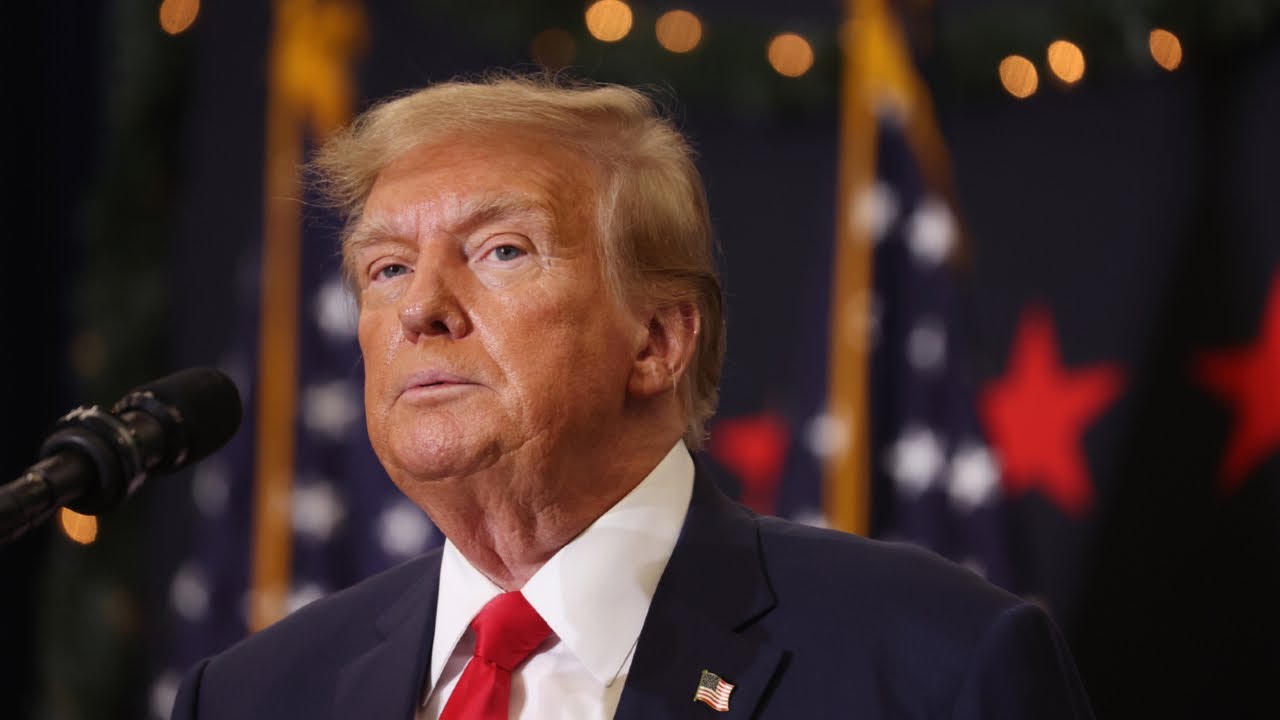President Trump on Thursday announced a further escalation in the administration’s campaign against transnational drug cartels, telling reporters at a White House roundtable that military and federal law-enforcement efforts will expand from maritime strikes to land-based operations aimed at cartel infrastructure.
The move follows a series of seaborne strikes that the White House says began in early September and have targeted vessels alleged to be transporting illicit narcotics from the waters off Venezuela and Colombia. Officials framed the maritime campaign as part of a broader push that, they say, has led to thousands of arrests in recent weeks and a sharp increase in interdiction activity.
Trump told reporters he will notify Congress of the planned expansion, but he made clear the administration does not intend to pursue a formal declaration of war. “I don’t think we’re going to necessarily ask for a declaration of war,” he said — and in blunt language reiterated that the operations are meant to be lethal when necessary.
Trump on cartel strikes: "Well I don't think we're going to necessarily ask for a declaration of war. I think we're just going to kill people that are bringing drugs into our country. Okay? We're going to kill them. You know? They're going to be like, dead."
Absolutely perfect pic.twitter.com/wEiwWfHyXr
— Ryan Saavedra (@RealSaavedra) October 23, 2025
Land strikes, as described by senior officials, could involve special operations forces, drone strikes or targeted attacks on processing labs and staging areas used by cartels. The Pentagon and intelligence agencies have reportedly been preparing for such options for weeks, collecting the on-the-ground intelligence planners say is required before kinetic action ashore.
Supporters of the policy argue the measures are a forceful response to the fentanyl crisis, which federal officials and the White House say has wrought enormous harm in the United States. Administration briefings have pointed to large numbers of overdose deaths tied to synthetic opioids in recent years as justification for aggressive interdiction. Public-health data confirm fentanyl is a leading driver of overdose fatalities, even as experts caution the counts and trends are complex and evolving.
Critics, including lawmakers, human-rights groups and international officials, warn the strikes raise serious legal and ethical questions. They say using U.S. military force without clear congressional authorization risks escalation with foreign governments and could amount to extrajudicial killings if suspects are not captured and prosecuted, not merely targeted and killed. Legal scholars also contend the move could set a fraught precedent for how the United States confronts transnational crime.
As the administration prepares its notification to Capitol Hill, the debate is now twofold: whether land-based operations will effectively choke smuggling networks, and whether the legal and diplomatic costs of such a campaign are worth the gains in disrupting the flow of illicit drugs into the United States.




Leave a Comment